As a research assistant professor in MTSU’s Department of Sociology and Anthropology, Tiffany Saul serves students in a multifaceted role, working as an instructor, a researcher and a mentor.
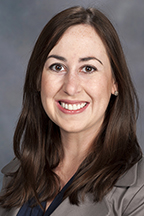
“I was a first-generation college student, which shaped my undergraduate experience here at MTSU,” said Saul, who earned her degree in anthropology in 2010. “I know firsthand what it’s like to be overwhelmed by all the opportunities and resources campus offers. Now, I can advise students on those opportunities and even help provide them…. International experiences especially are really important for students to help expand their worldview.”
Saul, together with program co-director Adam Fracchia, secured funds and partnerships to offer the annual field-training study abroad Forensic Aviation Archaeology course for 12 students each summer. This year’s course will take students overseas to France to sites associated with missing U.S. military personnel from World War II.
“Specifically, MTSU is collaborating with the Defense POW/MIA Accounting Agency to work on forensic archaeological field recoveries of WWII aircraft crash sites associated with U.S. personnel losses and unaccounted-for service members,” Saul said. “We turned this into the six-credit hour course to be able to take and train students on a scientifically led recovery of a real-world site in the French countryside.”
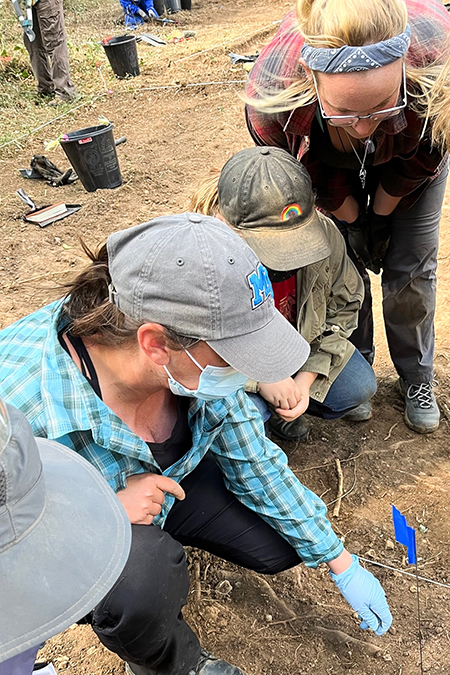
Applications for this summer’s course, which are competitive, are open now and will stay open until all seats are filled. Those interested can contact Saul at Tiffany.Saul@mtsu.edu.
Aside from the costs of tuition, fees and study abroad programming, the grant support Saul earned from the Henry Jackson Foundation of over $500,000 to date covers a portion of the students’ expenses like lodging and local transportation.
“In addition to learning to navigate the forensic processes, these students have the opportunity to work in partnership with DPAA, the largest employer of forensic anthropologists in the world,” said the Cleveland, Tennessee, native. “They are seeing how their work impacts the global community when representatives from NATO, the U.N. and the U.S. Embassy come out to the site.
“They are learning to exercise extreme care and discretion working on the important and sensitive project of helping provide the fullest possible accounting of missing personnel to their families and the nation.”
The university’s Office of Research and Sponsored Programs, along with other colleges and centers around campus, helped support Saul and the students from the forensic aviation archaeology course’s efforts further through funding an additional trip to Arizona.
“We were able to visit the Commemorative Air Force Museum and view preserved and maintained historic aircraft,” Saul said.
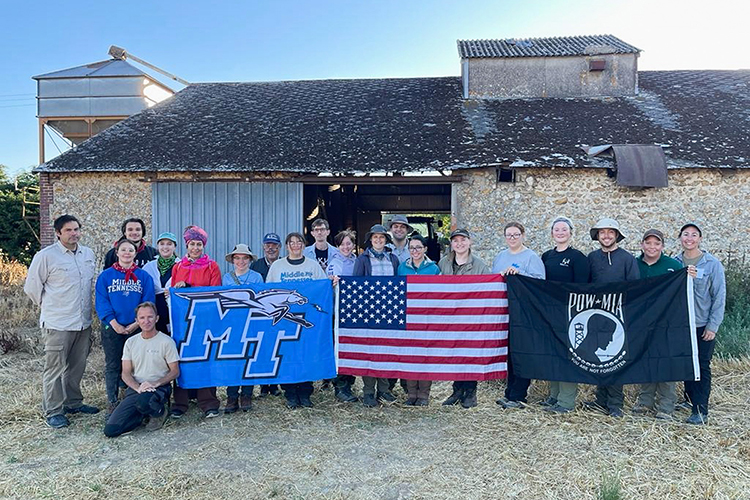
From student to staff member
Audrey Lauerhass, a junior double major in forensic science and anthropology, took the course last summer and will participate again in a few months, this time as a paid staffer.
“Last year as a student in the class, I helped with excavations and managing our media presence,” Lauerhass said. “This coming summer, I will continue to maintain our media presence and work as a staff member helping excavate and teaching our new students excavation and documentation techniques.”
Lauerhass, originally from Bexley, Ohio, chose MTSU because she could pursue the unique combination of her two passions, horseback riding and forensic science.
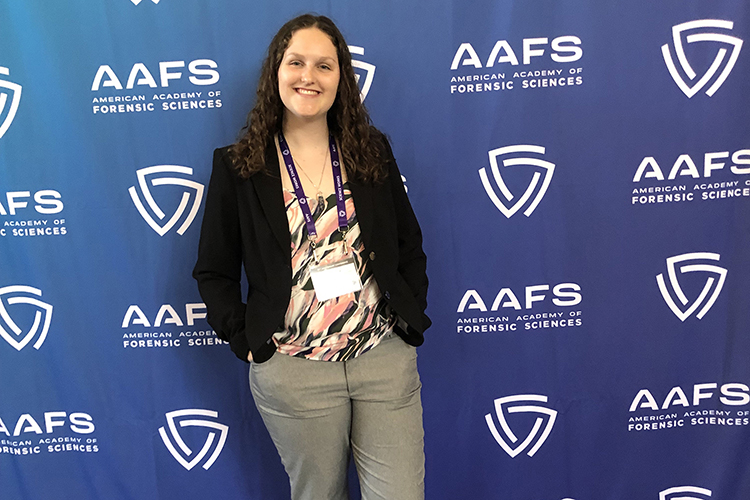
“I liked that the horseback riding team was associated with the horse science program, making being a part of the team incredibly affordable,” she said. “And the forensic science program had forensic anthropology opportunities, which is extremely rare for undergraduate programs.”
Lauerhass said the opportunity to work on this project has been amazing for both her personal and professional development.
“It has taught me a lot about how to correspond with professionals and a lot about ‘how the real-world works’ when it comes to trying to get projects done,” she said. “It’s given me skills like being able to participate in a forensic excavation, having worked on the staff side of a forensic excavation, being able to use mapping software, completing poster and conference presentations about my role in the project and potentially being part of published research as well.”
Learn more about the MTSU anthropology program at https://www.mtsu.edu/programs/anthropology/. Follow the work of the Forensic Aviation Archaeology students on Facebook at facebook.com/mtforensicarch/ and Instagram at instagram.com/mtforensicarch/.
— Stephanie Wagner (Stephanie.Wagner@mtsu.edu)
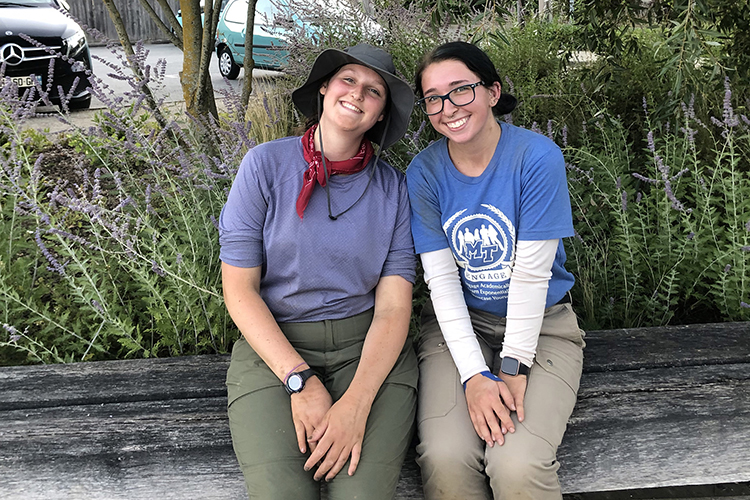

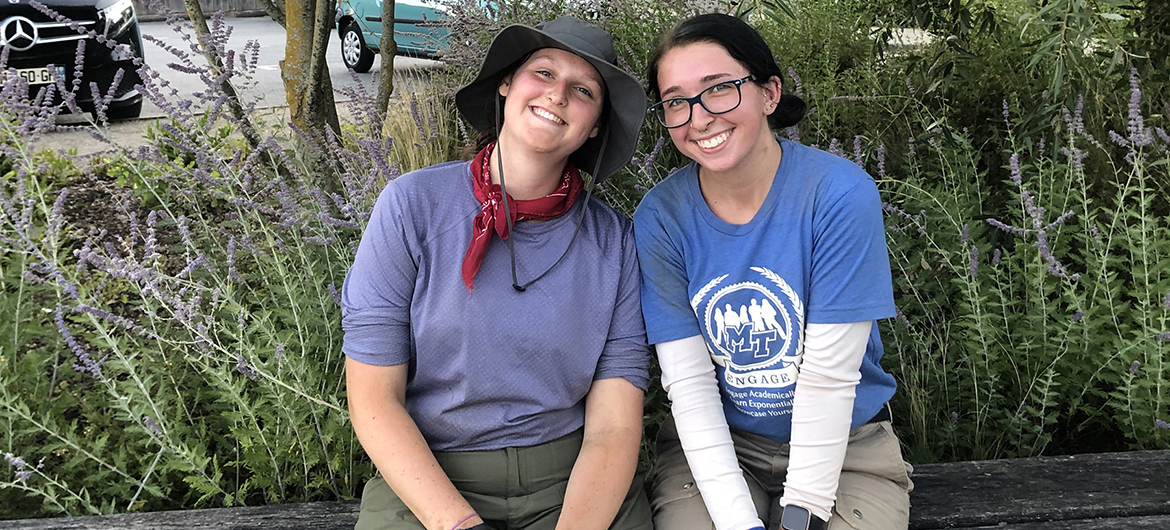
COMMENTS ARE OFF THIS POST